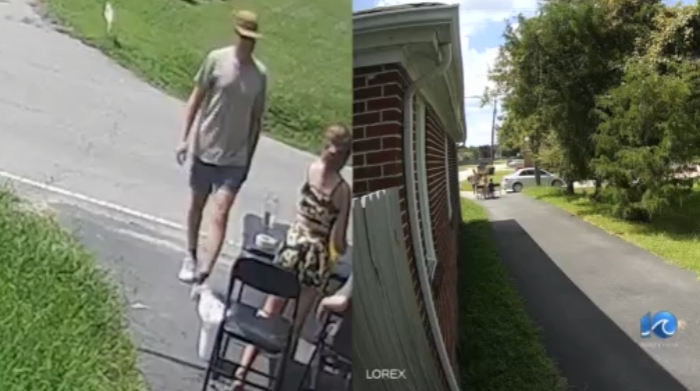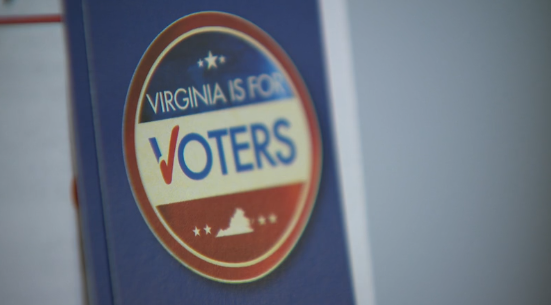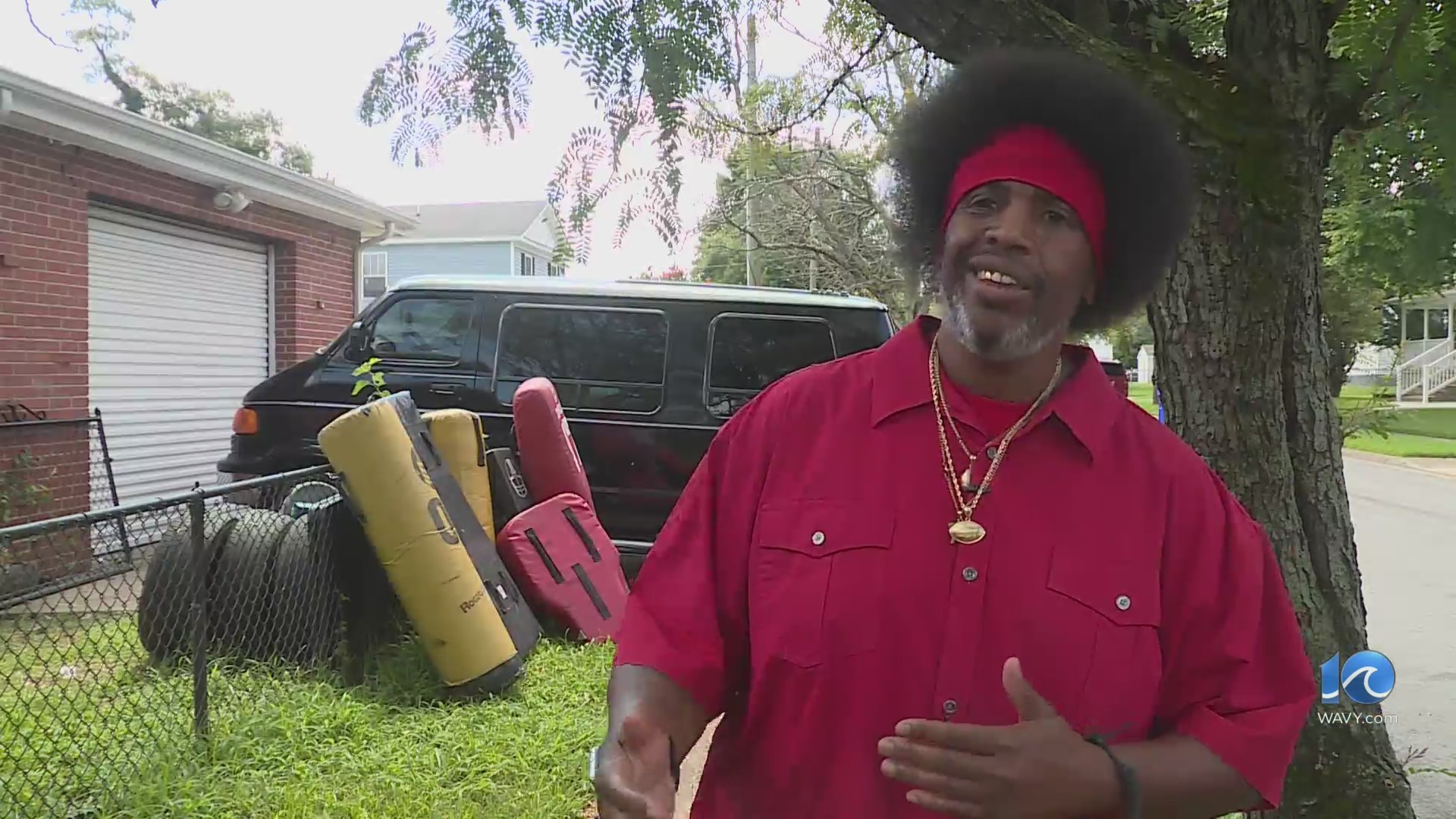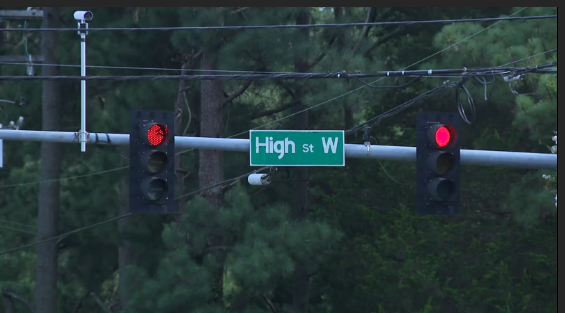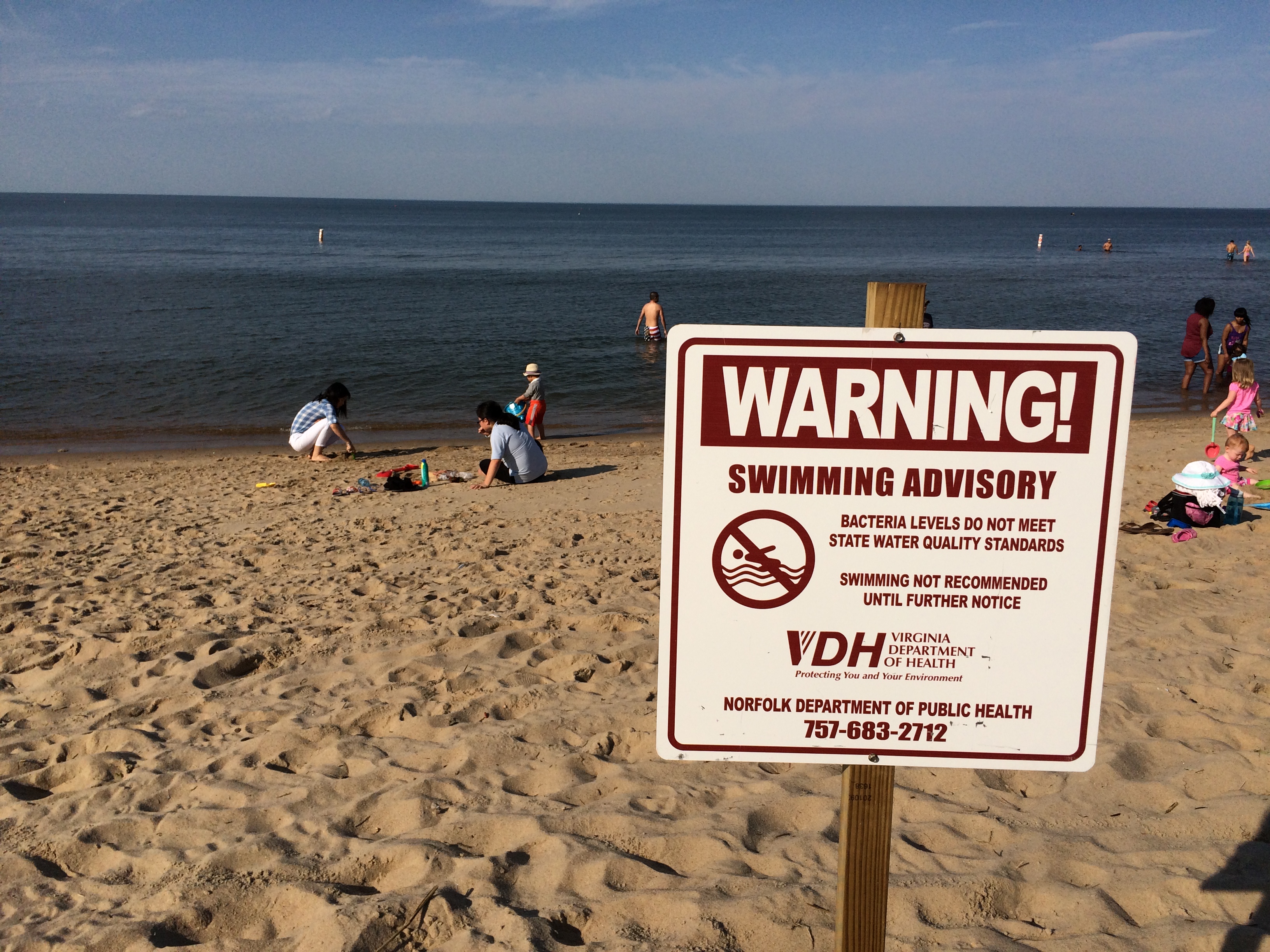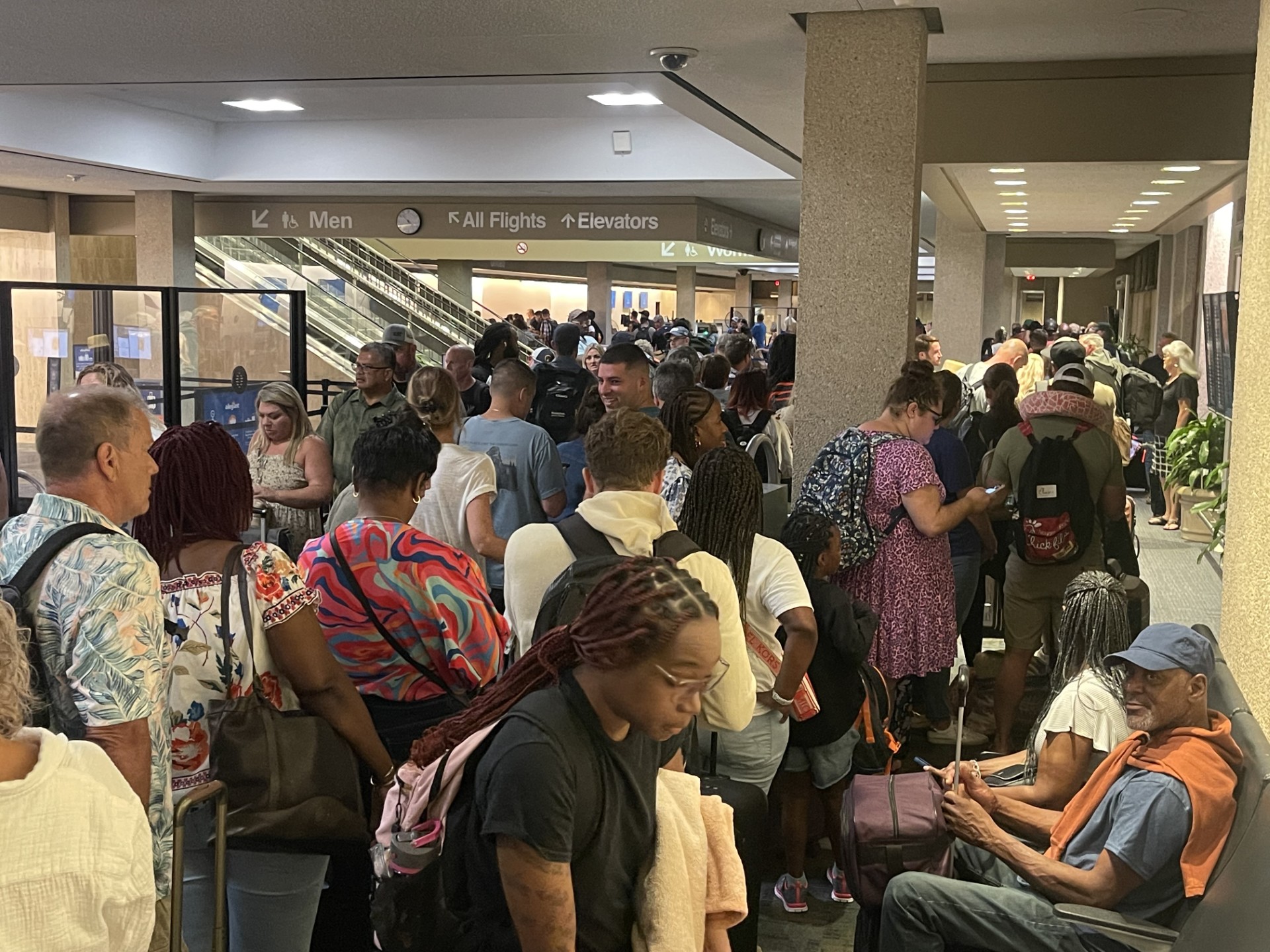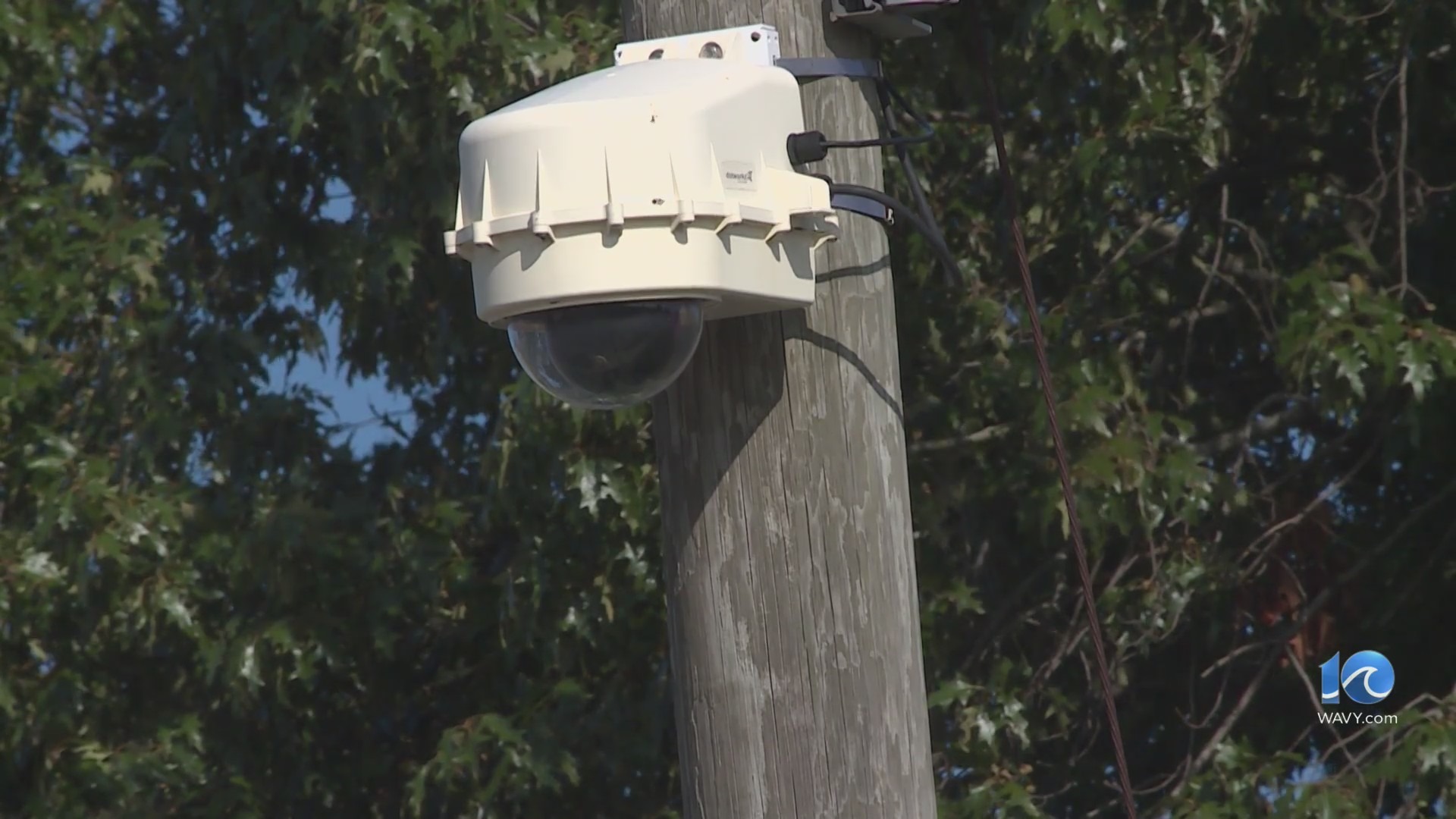VIRGINIA BEACH, Va. (WAVY) — With newfound power coming from the state, City Council has begun discussing whether or not to empower their citizen-led police watchdog group with the ability to investigate and discipline in cases where officers are accused of abusing their authority.
Starting July 1, 2021, local governments in Virginia could grant citizen review boards — formed to serve as a “check” on police departments — with subpoena power and the ability to hire outside legal counsel as a part of their work. When it comes to officer discipline, boards would be able to make binding decisions after consultation with such officer’s or employee’s direct supervisor or commander.
The law was part of a slew of bills signed recently by Gov. Ralph Northam (D-Va.) aimed at reforming policing in the state.
Already, local advocates are pushing for the city to adopt the new measures when they can in order to revamp the city’s current Investigative Review Panel, which some have said “doesn’t seem effective.”
In July, City Council began looking at how it could revamp the nearly 30-year-old body following several high-profile police-involved killings in the United States that lead to civil unrest.
On Tuesday, Mayor Bobby Dyer revealed a proposed resolution that would rename the panel to the “Virginia Beach Citizen Review Board” for clarity on its mission.
“To increase the transparency and communication between the community members and our police department,” Dyer said.
The recommendation on the name change came from current panelists. Dyer’s other proposal to shake-up the panel membership requirements to reflect the city’s “demographic diversity” is also based on a recommendation from current members.
Currently, the board is made up of five members and two alternate members, all appointed by City Council.
Dyer’s resolution would increase the panel to eight members with three members living in “disadvantaged or predominantly minority communities,” three members who are not employees of the city or immediate family members of a Virginia Beach Police Department employee, one member who represents an organization seeking racial or social justice for disadvantaged communities and one non-voting member with policing experience or expertise.
Dyer’s changes would follow those already being instituted by the city manger.
While the resolution was not up for a vote, it became clear Tuesday that several council members were not ready to vote on it as-is.
“This right here. This deserves more effort and more attention,” said a passionate Councilman Aaron Rouse.
Rouse, along with several others, want to pass a resolution that takes into account plans for the eventual powers that will be granted under state law.
“The more attention doesn’t mean our police department isn’t the finest in America. It doesn’t mean that somehow we’re trying to take power from our chief of police. No, what it means is that we recognize that there is an issue within our city and we want to address it,” Rouse said.
Councilwoman Sabrina Wooten echoed Rouse’s concerns.
“I don’t believe what we have is the best model currently for Virginia Beach,” Wooten said.
Up until this point, when the panel agrees to hear a case involving either a police abuse of authority or other serious misconduct complaints, they are given the police departments’ internal affairs report to essentially judge if the situation was handled properly.
While they can hold a hearing and ask questions of officers, the body has no power to compel them to speak, nor do they have investigative powers to find their own evidence. At the conclusion of their work, a recommendation — which could include disciplinary measures — is passed to the city manager. But because it is a recommendation, there is nothing that forces the city manager or police department to follow it.
“It’s not investigatory. That’s one of the concerns I have,” Wooten said. “We’ve got to add a budget. We’ve got to add staff … I think we need to make sure the community is involved in this process.”
Councilman John Moss suggested council members go through the new duties allowed by the state and have a public vote “up-or-down” on what each council member would be comfortable with.
Moss went on record saying that barring any public outcry, he is not for giving the board investigative or disciplinary powers.
Dyer reiterated that his resolution was only a draft and meant to follow up on ongoing conversations.
“The idea was just to get this thing moving forward at this point,” Dyer said.















































































